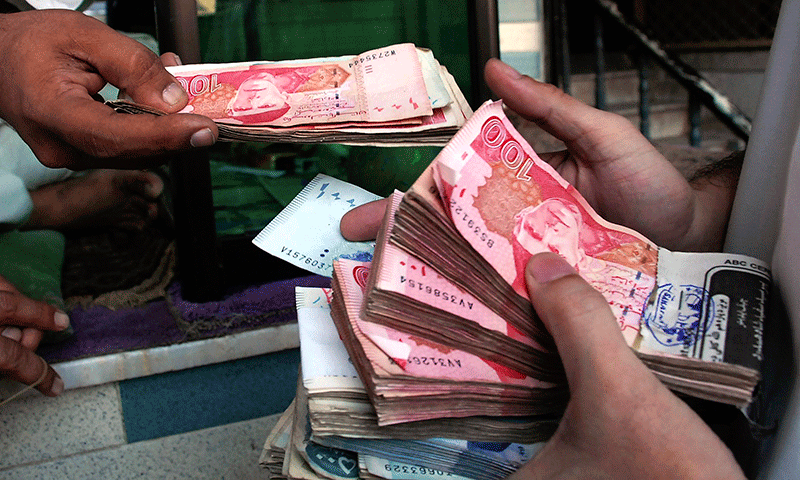ISLAMABAD: Pakistan is seeking a $13 million grant from the World Health Organisation (WHO) to enhance training programmes designed to bolster climate resilience within health systems.
The demand for the grant arose after the country completed a vulnerability assessment survey with the support of international donors.
Director of Nutrition at the Ministry of National Health Services Dr Mehreen Mujtaba announced plans to introduce a National Health Adaptation Plan a conference which evaluated climate-related risks across various provinces.
The conference, titled, ‘Building Resilient Health Systems in the Wake of Climate Crisis in South Asia’ was organised by the Sustainable Development Policy Institute (SDPI).
Experts say climate change presents significant risks for healthcare sector
Panelists stressed the need for adapting strategies that enhanced climate and health resilience, supported by a robust and sustainable financial framework.
The Ministry of National Health Services reaffirmed its dedication to global health at COP-28 by endorsing a health declaration aimed at addressing the impacts of climate change, Dr Mehreen said.
Speaking on the occasion, experts emphasised that climate change presented significant health risks within the healthcare sector.
Environmental Health Scientist of Nepal Dr Meghnath Dhimal said there was an alarming rise in climate-related health issues, such as heat-related illnesses, vector-borne diseases and respiratory problems, which were exacerbated by air pollution.
He said the health sector must evolve to meet these challenges head-on, advocating for a comprehensive approach that integrated climate adaptation into health planning.
Special remarks at the conference were made by Dr Robert Marten, AHSPR, Geneva, while panellists comprised Dr Upasona Ghosh, PHFI, India; Rabia Tabassum from SDPI; Environmental Health Scientist, Nepal, Dr Meghnath Dhimal; and Dr Syed Manzoor Ahmed Hanifi from ICDDR-B, Bangladesh.
The panel organisers were Syed Qasim Ali Shah, Rabia Tabassum and Khansa Naeem from the SDPI.
The panellists presented data illustrating the correlation between extreme weather events and increased morbidity rates.
They argued that without a robust strategy to address these impacts, vulnerable populations in South Asia would continue to suffer disproportionately.
They called for innovative solutions that not only addressed immediate health concerns but also promoted long-term sustainability.
The discussion also touched on the critical need for a sustainable financial system to support these initiatives.
They proposed establishment of dedicated funds to finance climate-resilient health infrastructure, saying that investing in such systems would not only protect public health but also enhance economic stability in the face of climate uncertainties.
The speakers were united in their call for collaborative efforts among governments, NGOs, and the private sector to create a resilient health system capable of withstanding the challenges posed by climate change.
Their collective vision underscored the importance of proactive measures and strategic planning to safeguard the health of communities across South Asia in an era of environmental upheaval.
Published in Dawn, November 11th, 2024











































